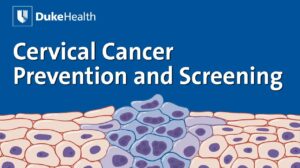NEW YORK (Reuters Health) – After first-line treatment with bevacizumab plus interferon-alpha2a, subsequent therapy with tyrosine kinase inhibitors (TKIs) improves survival in patients with metastatic renal cell carcinoma, according to a retrospective analysis of data from the AVOREN (Avastin and Roferon in Renal Cell Carcinoma) trial.
As reported in BJU International issued online October 13, the original phase III AVOREN trial showed significantly improved progression-free survival and overall survival in patients treated with bevacizumab plus interferon than in those treated with interferon plus placebo.
In the present post hoc study, Dr. Sergio Bracarda from Ospedale San Donato, Arezzo, Italy and colleagues analyzed outcomes with subsequent TKI therapy in 113 patients who had initially received bevacizumab plus interferon and in 120 patients who had received interferon plus placebo.
The TKIs sunitinib and sorafenib were most commonly used as the first subsequent treatment (in 51% of bevacizumab-plus-interferon patients and 38% of interferon-plus-placebo patients) and considerably less often as second subsequent treatments (20% and 16%, respectively) and third subsequent treatments (6% and 11%, respectively).
Median overall survival among patients who received any TKI therapy was 38.6 months in the bevacizumab-plus-interferon arm and 33.6 months in the interferon-plus-placebo arm. These rates compared with 25.0 months for bevacizumab plus interferon and 20.7 months for interferon plus placebo among patients not treated with TKIs.




